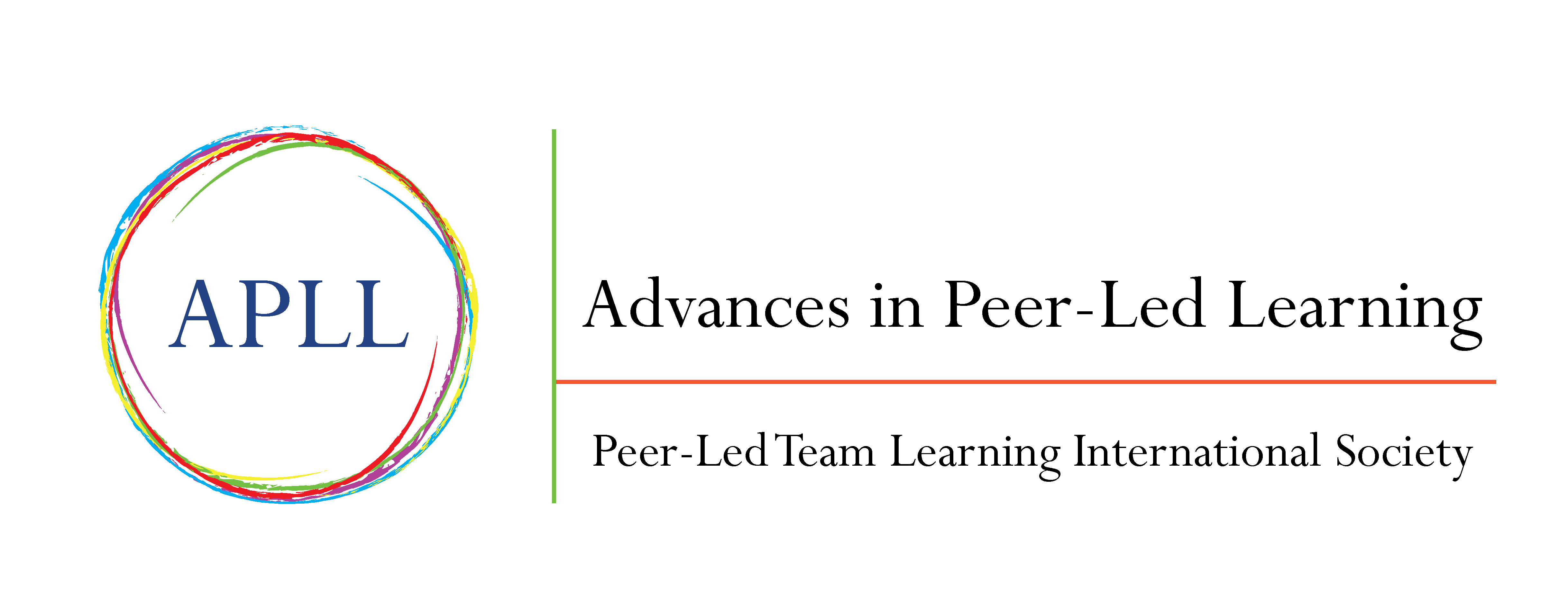More Than Content: Training Peer Leaders in Mentoring Leadership
Mark S. Cracolice and Audrey Broffman
University of Montana
Abstract
Training peer leaders to mentor students is an essential component of any peer-led team learning training program. This training method article begins by establishing a definition of mentoring and describing its theoretical underpinnings. Piagetian disequilibrium is one component of why mentoring is effective because interpersonal interaction efficiently assists students in learning how to deal with mental discomfort and grow intellectually from it. A four-part theoretical definition of the components of mentoring serves as the theory base for our training curriculum: (1) psychological and emotional support, (2) goal setting and career paths, (3) academic subject knowledge support, and (4) existence of a role model. In translating theory into practice, we train leaders to follow five key tenets as mentors: (1) be a learning coach, not a tutor, (2) create a trusting environment among your team members, (3) assist students in learning how to learn from feedback, (4) assist students in learning time management skills, and (5) meet with students one-on-one periodically to provide personalized academic and social support. The time commitment to training by a peer leader is 35 hours per semester via a combination of pre-semester training, in-semester group training, and in-semester one-on-one training. Practical suggestions on how to train leaders are provided.
Keywords: College STEM Courses, Mentoring, Mentoring Relationship Theory, Peer-led Team Learning, Training Methods
Recommended Citation
Cracolice, M.S., & Broffman, A. (2021). More Than Content: Training Peer Leaders in Mentoring Leadership. Advances in Peer-Led Learning, 1, 3-11. Online at https://doi.org/10.54935/apll2021-01-02-03
